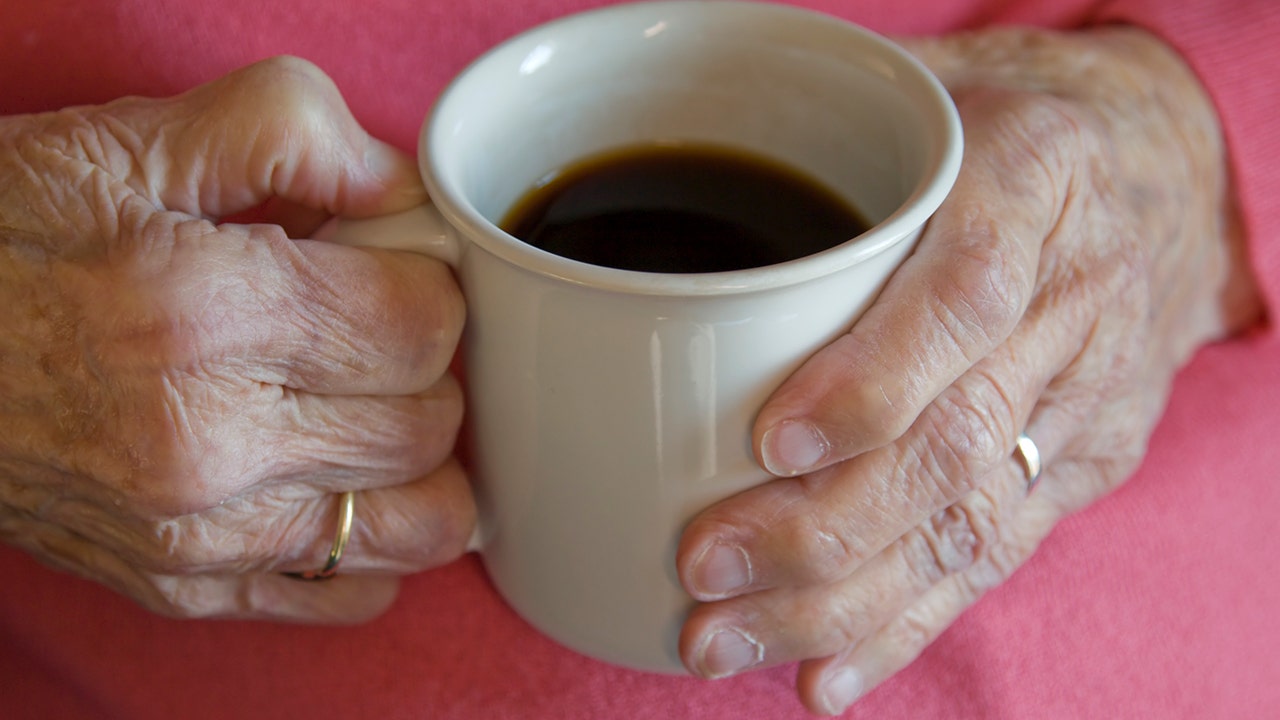Women who drink coffee daily may age healthier, 30-year Harvard research reveals

A New Study Shows Drinking Coffee Can Help Women Stay Healthy as They Age
A recent study conducted by Harvard University has revealed that drinking coffee every morning could have significant health benefits for women as they age. The study, which followed nearly 50,000 women from the Nurses’ Health Study over a 30-year period, found that consuming caffeinated coffee on a regular basis could help women maintain their mental sharpness and physical strength later in life.
According to a press release from the American Society of Nutrition, the researchers discovered that middle-aged women who drank caffeinated coffee experienced the most benefits. Decaf coffee and tea did not have the same positive effects on healthy aging as caffeinated coffee did.
Dr. Sara Mahdavi, Ph.D., a post-doctoral fellow at Harvard T.H. Chan School of Public Health, explained that the term “healthy aging” in this context refers to reaching older age without major chronic diseases and maintaining good physical, mental, and cognitive function. She emphasized that the relationship between coffee consumption and healthy aging remained significant even after accounting for other lifestyle factors such as diet quality, physical activity, and smoking.
The study found that women who were considered “healthy agers” consumed an average of 315 mg of caffeine daily, primarily through coffee consumption. Each additional cup of coffee was associated with a 2% to 5% greater chance of healthier aging.
Interestingly, while soda also contains caffeine, daily soda consumption was linked to a reduced chance of healthy aging. The study highlighted that the health benefits observed were specific to coffee and not caffeine more broadly. Decaf coffee, tea, and caffeinated soda did not show the same associations with healthy aging, suggesting that coffee’s unique combination of bioactive compounds plays a key role in promoting healthy aging.
The findings of the study were presented at NUTRITION 2025, the annual meeting of the American Society for Nutrition. Mahdavi stressed that while the study provides valuable insights, it has some limitations due to its observational nature. Further research is needed to validate the findings and determine their generalizability to broader populations.
Despite the potential benefits of coffee, Mahdavi emphasized that regular exercise and avoiding smoking are the most powerful contributors to healthy aging. She noted that coffee’s benefits are relatively modest compared to the impact of overall healthy lifestyle habits.
In conclusion, Mahdavi stated that moderate coffee intake, combined with other healthy behaviors like exercise and a nutritious diet, can contribute to long-term health. While the study does not recommend starting coffee consumption for those who do not already drink it or are sensitive to caffeine, it suggests that for individuals who already consume moderate amounts, coffee can be a beneficial component of a healthy lifestyle.
Moving forward, the research team plans to investigate how coffee’s bioactive compounds, such as polyphenols and antioxidants, influence molecular aging pathways related to inflammation, metabolism, and vascular health. This could lead to personalized guidance on coffee consumption based on individual genetic and hormonal differences.
For more health-related articles, visit www.foxnews.com/health. Melissa Rudy, senior health editor at Fox News Digital, can be reached for story tips at melissa.rudy@fox.com.




